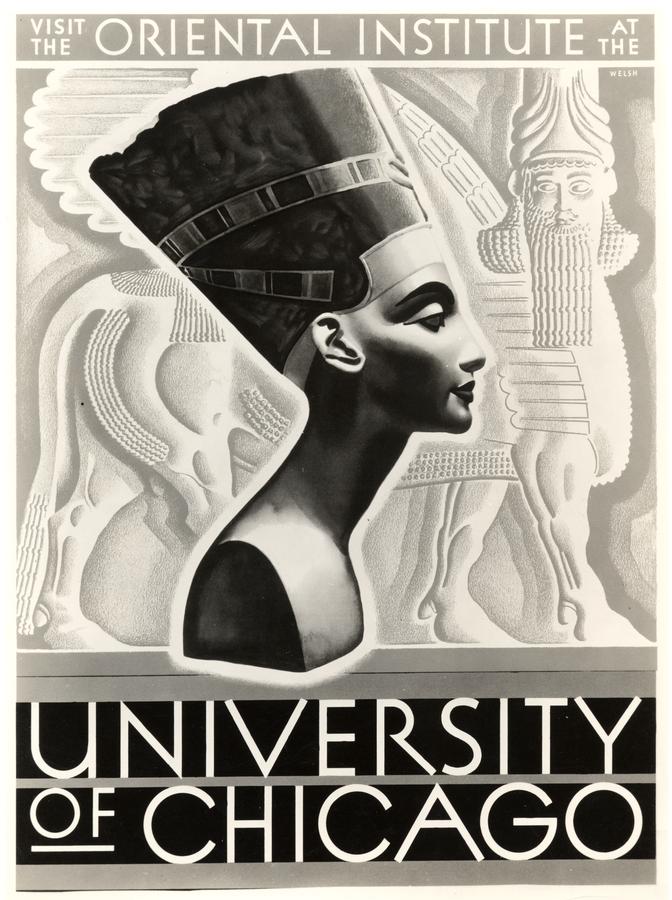Heritage Key
Submitted by owenjarus on Thu, 09/23/2010 - 03:28
Five years ago an archaeological team broke news of a major find that forever changed our views about the history of the Middle East.
Researchers from the Oriental Institute, and the Department of Antiquities in Syria, announced in a press release that they had found the “earliest evidence for large scale organized warfare in the Mesopotamian world.”
They had discovered that a city in Syria, named Hamoukar, had been destroyed in a battle that took place ca. 3500 BC by a hostile force. Using slings and clay bullets these troops took over the city, burning it in the process. Their motive may have been to gain control over trade in the area – particularly that of copper coming from Southern Turkey.
The likeliest culprit for this act is a city named Uruk – located to the south in modern day Iraq. The artifacts found at Hamoukar which postdate the battle, were created in the same style as those discovered at Uruk.
"If the Uruk people weren't the ones firing the sling bullets, they certainly benefited from it. They took over this place right after its destruction," site excavator Dr. Clemens Reichel told the New York Times, back in 2005.
But now archaeologists have made a new discovery that sheds more light on this battle. They have found evidence that an Uruk colony near Hamoukar was also destroyed in this conflict.
So, if the invading army was from Uruk, did they kill their own people? If so why?
The information was first released in the 2008-2009 annual report on the Oriental Institute’s website. Before now it has not appeared in popular media.
This story is a long one so bear with me....

An archaeologist uncovers a skeleton at the Uruk colony. Was this person killed by his/her own people? Photo courtesy Professor Clemens Reichel
See the chronicle of news about the Oriental Institute.





 Stumble It!
Stumble It!


No comments:
Post a Comment